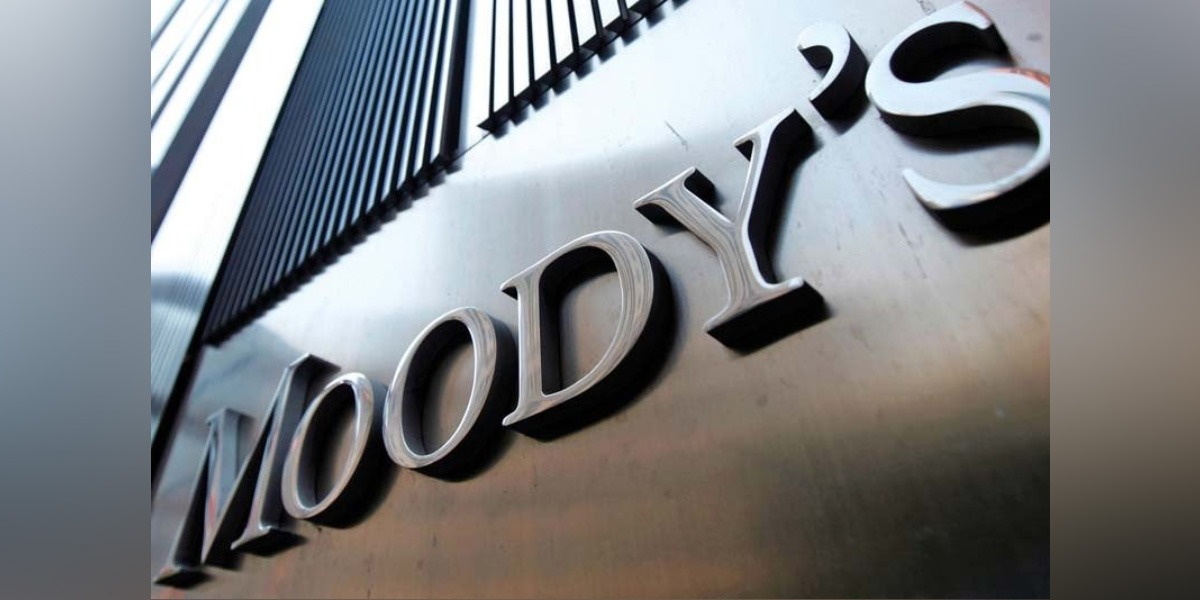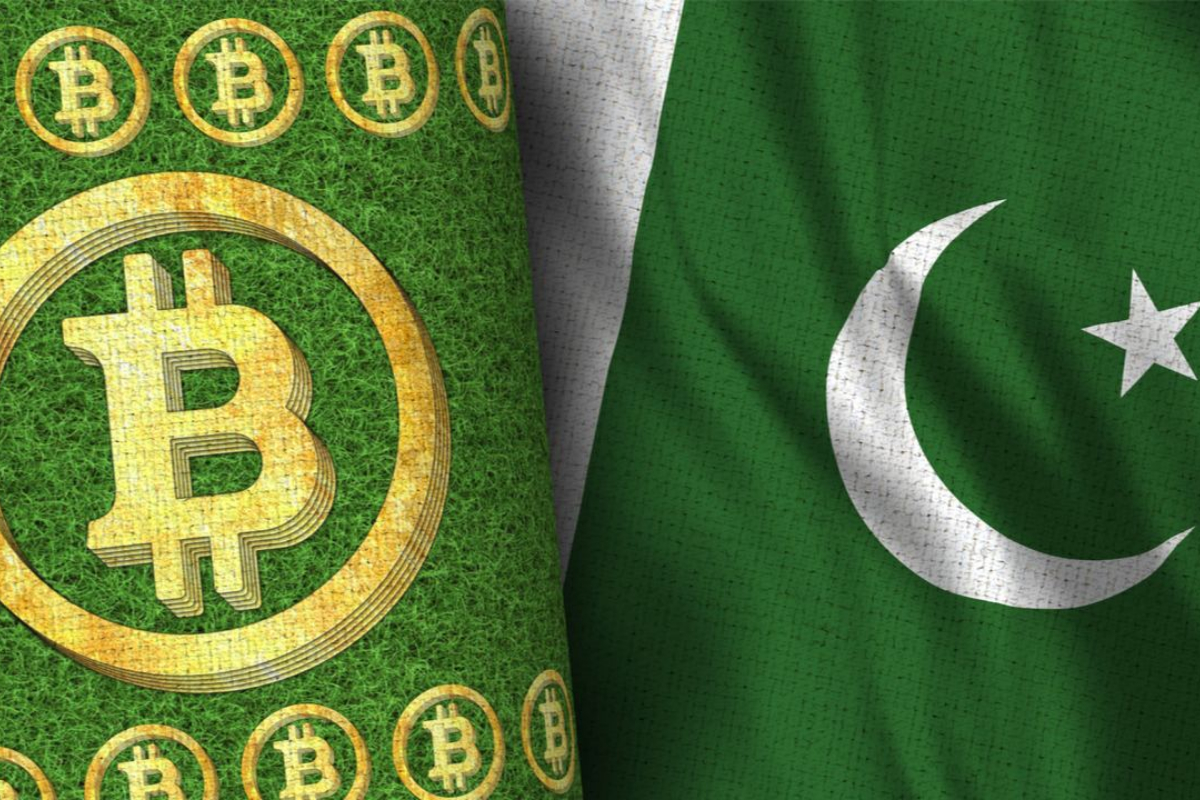KARACHI: Moody’s on Thursday downgraded Pakistan’s outlook from stable to negative due to the country’s external vulnerability risk and uncertainty around the country’s ability to secure additional financing to meet its needs, a statement said.
Pakistan’s external vulnerability risk has been amplified by rising inflation, which puts downward pressure on the current account, currency and already thin foreign exchange reserves, especially in the context of heightened political and social risk.
“Pakistan’s weak institutions and governance strength adds uncertainty around the future direction of macroeconomic policy, including whether the country will complete the current International Monetary Fund (IMF) Extended Fund Facility (EFF) programme and maintain a credible policy path that supports further financing,” the statement added.
However, the rating agency affirmed the country’s B3 local and foreign currency issuer and senior unsecured debt ratings as well as the (P)B3 senior unsecured medium-term note (MTN) programme. MTN allows continuous or intermittent fundraising from investors through the designated or appointed dealers.
The decision to affirm the B3 rating is due to Moody’s assumption that Pakistan will conclude the seventh review under the EFF programme by the second half of this calendar year, and will maintain its engagement with the IMF, leading to additional financing from other bilateral and multilateral partners.
“Moody’s assesses that Pakistan will be able to close its financing gap for the next couple of years. The B3 rating also incorporates Moody’s assessment of the scale of Pakistan’s economy and robust growth potential, which will provide the economy with some capacity to absorb shocks.
These credit strengths are balanced against Pakistan’s fragile external payments position, weak governance and very weak fiscal strength, including very weak debt affordability,” the rating agency said.
The B3 rating affirmation also applies to the backed foreign currency senior unsecured ratings for The Third Pakistan International Sukuk Co Ltd and The Pakistan Global Sukuk Programme Co Ltd.
Pakistan’s local and foreign currency country ceilings have been lowered to B1 and B3, from Ba3 and B2, respectively.
The two-notch gap between the local currency ceiling and sovereign rating is driven by the government’s relatively large footprint in the economy, weak institutions, and relatively high political and external vulnerability risk.
The two-notch gap between the foreign currency ceiling and the local currency ceiling reflects incomplete capital account convertibility and relatively weak policy effectiveness, which point to material transfer and convertibility risks notwithstanding moderate external debt.
Moody’s expects Pakistan’s current account to remain under significant pressure, on the back of elevated global commodity prices through 2022 and 2023.
Pakistan’s current account deficit has widened to a cumulative $13.8 billion since the start of the current fiscal year in July 2021 up until April 2022, compared to a deficit of $543 million in the same period a year earlier.
The rapid widening of the current account deficit has led to a large drawdown of the foreign exchange reserves.
According to data from the IMF, Pakistan’s foreign exchange reserves have declined to $9.7 billion at the end of April 2022, which is sufficient to cover less than two months of imports. This compares with the $18.9 billion of reserves at the end of July 2021.
Moody’s in its report projected the current account deficit to come in at around 5 per cent of GDP for fiscal 2022, slightly wider than the government’s expectations.
“As global commodity prices decline gradually in 2023 and as domestic demand moderates, Moody’s expects the current account deficit to narrow to around 4 per cent of GDP. Moody’s current account deficit forecasts are higher than previous (early February 2022) projections of 4 per cent and 3 per cent for fiscal 2022 and 2023, respectively,” Moody’s added.
The larger current account deficits underscore the need for Pakistan to secure additional external financing, especially given its very low foreign exchange reserves. Pakistan is in negotiations with the IMF on the seventh review of the EFF programme.
Moody’s in its report expected Pakistan to successfully conclude the review by the second half of the year, which will also help Pakistan secure financing from other bilateral and multilateral partners.
An agreement with the IMF could take longer than expected, as the government may find it difficult to reduce fuel and power subsidies given rising inflation.
The recent moves by the government to raise fuel prices signal its commitment to addressing issues raised by the IMF. However, political and social challenges will complicate the government’s efforts to agree on and implement further reforms, such as revenue raising reforms.
If Pakistan is unable to secure additional financing later this year, foreign exchange reserves will continue to be drawn down from already very low levels, increasing the risk of a balance of payments crisis.
The political uncertainty in Pakistan remains high, even after the new government has been installed. The new ruling coalition comprises multiple political parties with divergent interests, which is likely to make the enactment of any legislation difficult, including those related to reforms under the IMF programme.
Additionally, the next elections are due by the middle of 2023. “Political parties will find it difficult to continually enact significant revenue-raising measures in the run-up to the elections, especially in a high inflation environment,” Moody’s noted.
Rising interest rates are also likely to increasingly constrain the government’s policy choices, especially since interest payments already absorb more than 40 per cent of the revenue.
Meanwhile, domestic political risk has also risen with a higher frequency of terrorist attacks over the last year. According to the Pak Institute for Peace Studies think-tank, the number of terrorist attacks increased 42 per cent in 2021 compared to a year ago.
The affirmation of the B3 rating reflects Moody’s assessment that the country’s large size and robust potential growth provides it with some capacity to absorb economic shocks, the statement said.
Pakistan’s potential growth of about 5 per cent in part reflects the country’s favourable demographics with its sizable under-30 population.
Nonetheless, Pakistan’s potential growth is constrained by structural challenges, including weak governance and weak competitiveness.





















